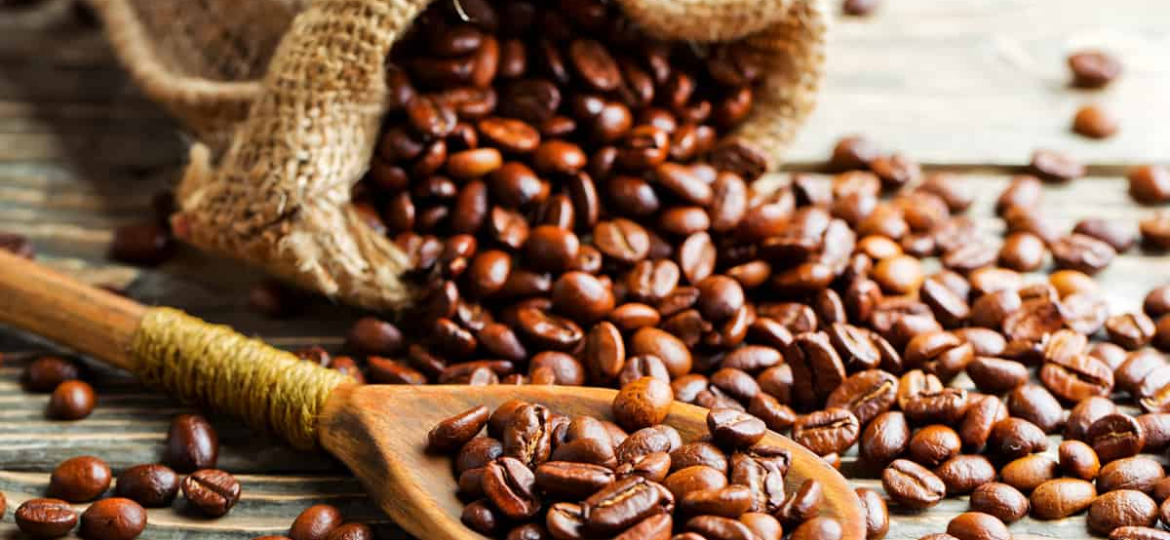
El Salvador’s journey with coffee began in the late 19th century, transforming its economy and embedding itself deeply within the cultural fabric. Initially overshadowed by indigo, coffee emerged as the predominant crop by the 20th century, reshaping the landscape and socio-economic dynamics. This shift not only fueled economic growth but also led to the creation of a distinct Salvadoran coffee culture, celebrated both locally and internationally.
The Unique Flavors of El Salvador Coffee Beans
El Salvador is renowned for its diverse coffee varieties, each with unique flavor profiles shaped by the country’s rich volcanic soil, altitude, and climate. The main varieties include:
- Pacamara, a hybrid known for its pronounced floral aroma and sweetness, complemented by persistent chocolate flavors.
- Pacas, a mutation of Bourbon with a mild aroma, great after-taste, and medium acidity.
- Bourbon, characterized by its sweet and complex flavors, often with notes of chocolate and fruit.
- Catimor and Sarchimor, both known for their resistance to coffee rust and robust body.
The interplay between El Salvador’s volcanic soil and varied climate zones contributes to these beans’ rich flavors and aromas, making them highly sought after by coffee enthusiasts worldwide.
Cultivation and Harvesting Practices
El Salvador’s coffee cultivation is concentrated in six main regions, each with distinct characteristics that influence the flavor profile of the coffee produced. These areas include Apaneca-Ilamatepec, Alotepec-Metapán, and Tecapa-Chinameca, among others, showcasing a range of altitudes and microclimates ideal for coffee growth.
The harvesting period in El Salvador typically spans from October to March, employing both traditional and modern practices to ensure the highest quality beans. The meticulous care from planting to picking underscores the dedication to quality that defines Salvadoran coffee production.
Processing Techniques and Their Impact on Flavor
The processing of coffee beans in El Salvador significantly influences their flavor profiles and overall quality. The primary methods include washed, semiwashed, natural, and honey processes. The washed process involves removing the cherry and mucilage from the bean, resulting in a clean and bright flavor.
The semiwashed technique, also known as the honey process, partially removes the mucilage, imparting a sweeter taste and fuller body. Natural processing dries the beans with the cherry intact, enhancing fruity and complex notes. Each method affects acidity, body, and flavor nuances, showcasing the artisanal skill and tradition of Salvadoran coffee production.
Top El Salvador Coffee Brands and Estates
El Salvador’s coffee scene is dotted with estates and brands that have gained international acclaim for their exceptional beans and sustainable practices.
- Finca El Injerto is celebrated for its Bourbon and Pacamara varieties, offering rich textures and flavors of dark chocolate and tropical fruit. Its commitment to quality has earned it a prestigious spot in the coffee world.
- Finca El Carmen specializes in Pacamara variety, known for its floral aroma and balance of fruity and chocolate notes, reflecting its high-altitude cultivation in the Santa Ana Volcano region.
- Los Planes Estate, located in Chalatenango, produces full-bodied coffees with flavors of black cherry and dark chocolate, testament to its quality and consistency.
- Finca Los Pirineos offers coffee with vibrant acidity and notes of tropical fruit and chocolate, demonstrating innovation and quality commitment.
- Santa Rita Estate is known for its organic, shade-grown beans with balanced acidity and flavors of red fruit and caramel, embodying eco-conscious production.
- Cielito Lindo Coffee impresses with its citrus and honey overtones, a reflection of its commitment to sustainable cultivation and premium beans.
- El Majahual Estate focuses on specialty-grade coffees with a commitment to sustainable farming and fair trade practices, highlighting social and environmental responsibility.
These estates and brands not only contribute to the richness of El Salvador’s coffee culture but also to its global recognition, with many receiving awards and accolades for their quality and innovation. Their efforts underline El Salvador’s status as a producer of some of the world’s most distinctive and delightful coffees.
Brewing Tips and Best Practices
For optimal flavor from El Salvador coffee beans, grinding just before brewing is crucial. Whole beans should be ground to suit the brewing method, with a finer grind for espresso and a coarser one for French presses. Water quality and temperature (about 195°F to 205°F) also significantly affect the taste. Storing beans in airtight containers away from light and heat preserves their freshness.
Suitable brewing methods include pour-over, French press, and espresso, each highlighting different aspects of the coffee’s complex flavor profile.
The Global Impact and Recognition
El Salvador’s coffee has carved a niche in the international coffee scene, earning accolades for its unique flavor profiles and high-quality beans. The country’s participation in the Cup of Excellence and other international competitions has brought its coffee to the global stage, reinforcing its reputation as a producer of premium coffee.
Looking ahead, El Salvador is well-positioned to continue its growth in the specialty coffee market, driven by ongoing innovation and a focus on sustainability.
FAQs
- Best time to buy: Freshly harvested beans are best, typically available shortly after the harvest season ends in March.
- Identifying quality beans: Look for beans with a uniform appearance and a strong, pleasant aroma. Beans should be purchased from reputable roasters focusing on Salvadoran coffee.
- Best brewing methods: Pour-over and French press methods are highly recommended for El Salvador coffee beans to fully appreciate their complex flavor profiles.
Conclusion
El Salvador coffee beans hold a distinguished place in the world coffee market, celebrated for their rich flavors and quality. The dedication of Salvadoran producers to excellence and sustainability has made these beans a favorite among coffee enthusiasts.
As the global coffee community continues to evolve, El Salvador’s coffee beans stand out, embodying a legacy of flavor, tradition, and innovation that resonates with coffee lovers around the world.









